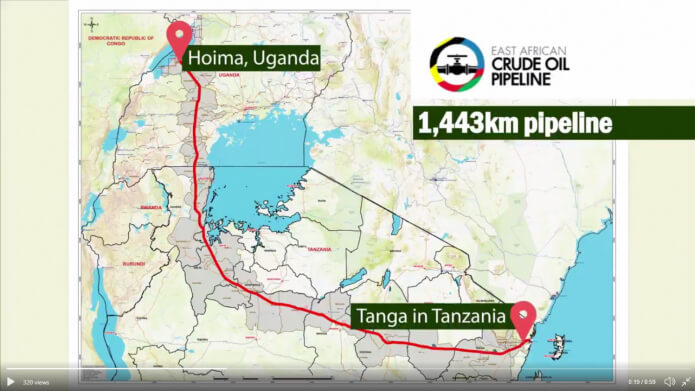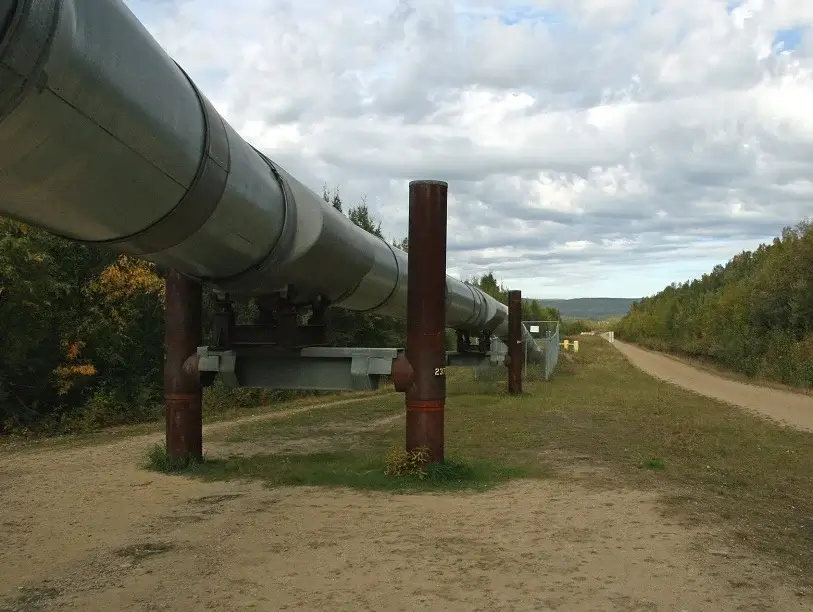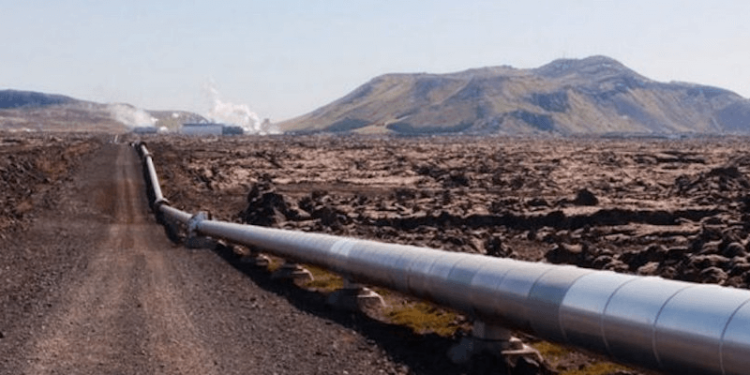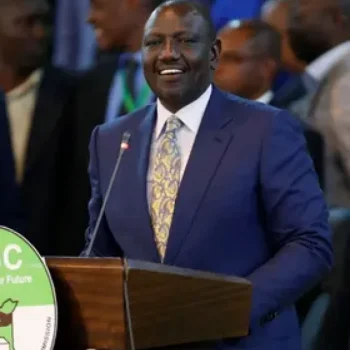The government of Uganda awarded a final contract Wednesday to a company controlled by TotalEnergies to build a $3.5 billion oil pipeline through Tanzania.
KAMPALA, UGANDA | NOW THEN DIGITAL — The Ugandan government on Wednesday awarded the $3.5 billion contract for the construction of an oil pipeline from Uganda to Tanzania to a company controlled by TotalEnergies.
- The pipeline is part of Uganda’s plan to become a major oil producer in the region and to provide a new outlet for the country’s oil to be exported.
- TotalEnergies of France and China National Offshore Oil Corporation signed a $10 billion deal earlier last year for the development of Ugandan oilfields and the shipment of crude to Tanga in Tanzania’s Indian Ocean.
- Environmentalists and activists have fiercely opposed the pipeline project, which involves drilling in Uganda’s largest national park, Murchison Falls, as it threatens the region’s fragile ecosystem and livelihoods.
The pipeline will be the first of its kind for Uganda, allowing the country to transport its crude oil reserves to a port in Tanzania where it can be sold on the international market. It is also expected to bring in much-needed revenue for the country, as well as create jobs in the construction and oil industries.
As a result of the final approval, work can begin on constructing a pipeline to transport the nation’s crude to international markets.
The pipeline will open up new avenues for the country’s export of crude and lead to greater economic prosperity by creating jobs in the construction, operation and maintenance of the pipeline.
Additionally, it will reduce the cost of transportation, thus increasing the overall profitability of the project.

East African Crude Oil Pipeline Company Limited was approved Monday by Uganda’s cabinet to build the pipeline. With the approval, the East African Crude Oil Pipeline Company Limited can now begin construction of the pipeline, benefiting the region with increased economic opportunities.
With a 62% stake in EACOP, TotalEnergies is the largest shareholder. This shows that TotalEnergies has a significant influence on the project, as well as the other investors, who have a substantial stake in the project.
The project is also supported by two state-run corporations, Uganda National Oil Company and Tanzania Petroleum Development Corporation, and Chinese oil giant CNOOC.
The China National Offshore Oil Corporation and France’s TotalEnergies signed a $10-billion deal in 2022 to develop Ugandan oilfields and ship crude from there to Tanzania’s Indian Ocean port of Tanga via a 1,445-kilometer pipeline.
This agreement is seen as a major step forward for Uganda’s oil industry, as it will enable the country to increase its production capacity and gain access to new export markets. It is also seen as a significant investment in regional infrastructure, as the pipeline will create new jobs and spur economic growth in both countries.
Environmental groups and activists have strongly opposed the pipeline project, which includes drilling at Murchison Falls, Uganda’s largest national park.
The drilling could potentially lead to the contamination of the park’s delicate water systems, endangering their natural biodiversity and the people that rely on them for their livelihoods.
Additionally, the project could displace thousands of people who live in and around the park, as well as threaten the conservation efforts of the park, which protects several endangered species.

President Yoweri Museveni of Uganda has vowed to move forward with the project, warning that the government would seek out other partners if TotalEnergies chose to “listen to the EU Parliament”.
This statement is in response to the EU resolution that calls on TotalEnergies to end its involvement in the project in order to protect the environment and the local community. The President is making it clear that he will not be deterred by the EU resolution and will instead look for other partners if needed.
In this project, Uganda and the Democratic Republic of Congo plan to extract the huge crude reserves under Lake Albert, a 160-kilometre-long natural border, and ship the oil through a heat-insulated pipeline that will be the world’s longest.
The project is expected to bring in significant revenue for both countries, as well as create new jobs and business opportunities. It is also expected to reduce Uganda’s dependence on imported oil and help the country become an energy exporter.
According to President Museveni, the project will help the landlocked country, which has many poor people, boost its economic growth.
He believes that the oil pipeline will create jobs, spur economic growth and reduce Uganda’s dependence on foreign markets for oil. It will also provide Uganda with much-needed foreign investment and help to develop the country’s infrastructure.
Editor’s Note: Our content may be inaccurate or out-of-date, so please contact us at press@nowthendigital.com if you see something that needs to be updated.
You’re reading nowthendigital.com — which breaks the news about Uganda, Kenya, Nigeria, South Africa and the rest of the world, day after day. Be sure to check out our homepage for all the latest news, and follow NOW THEN DIGITAL on YouTube, Google, Web Stories, Google News, Medium, Twitter, Reddit, Pinterest, Linktr, Buy Me a Coffee, and Flipboard to stay in the loop.

















